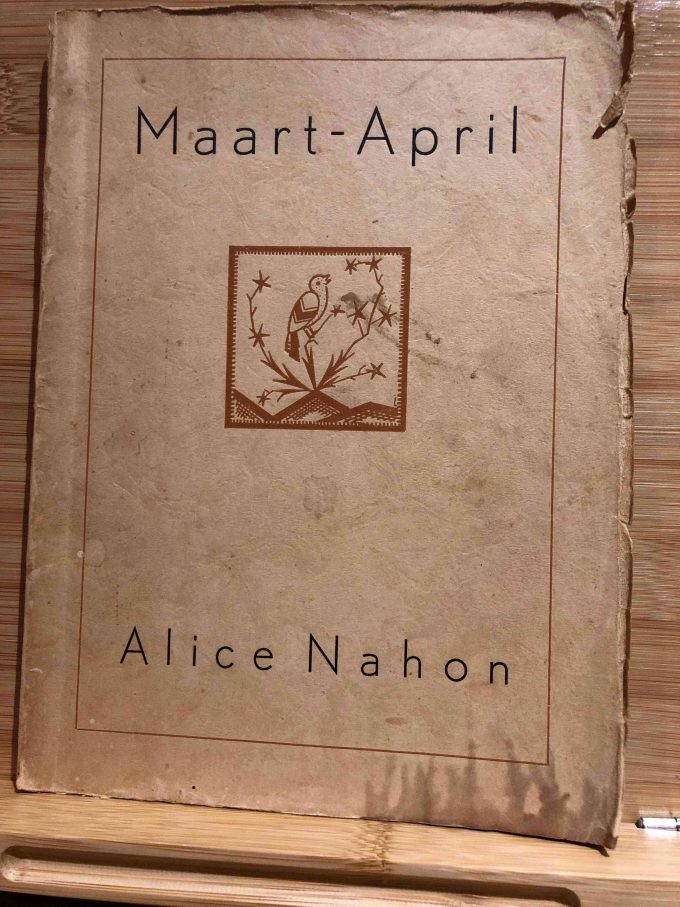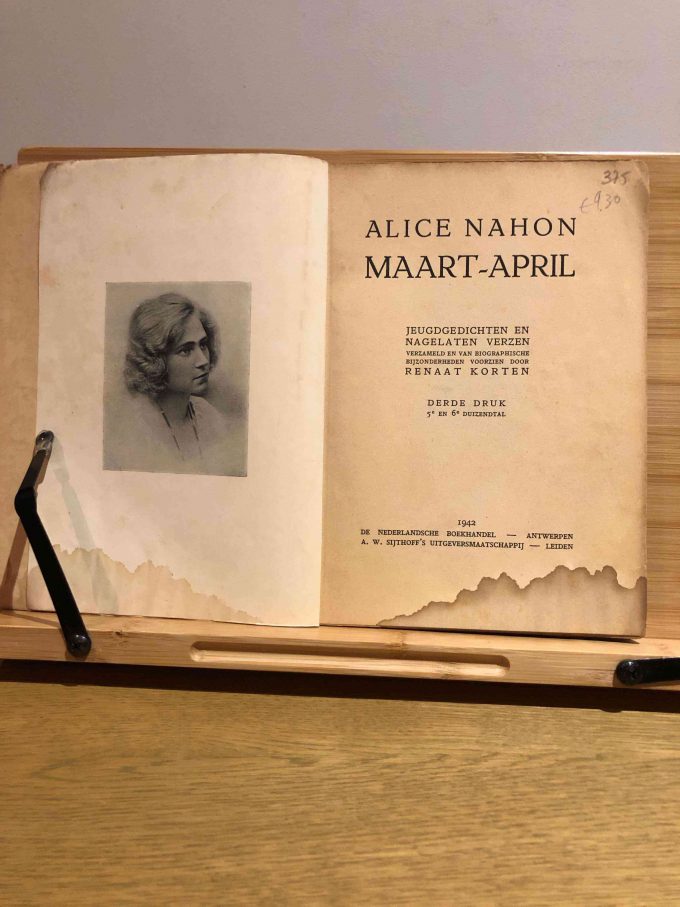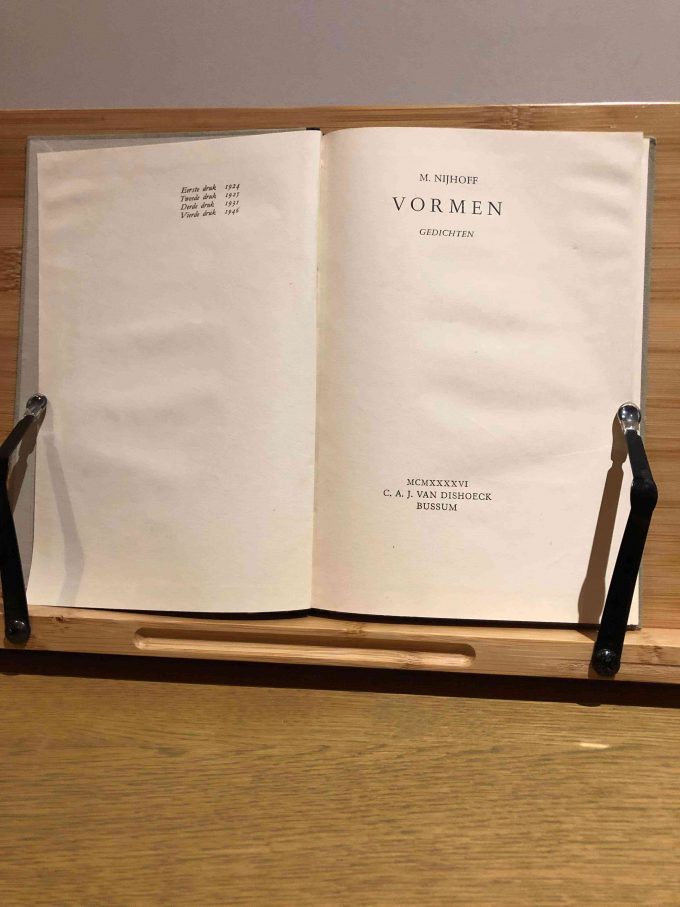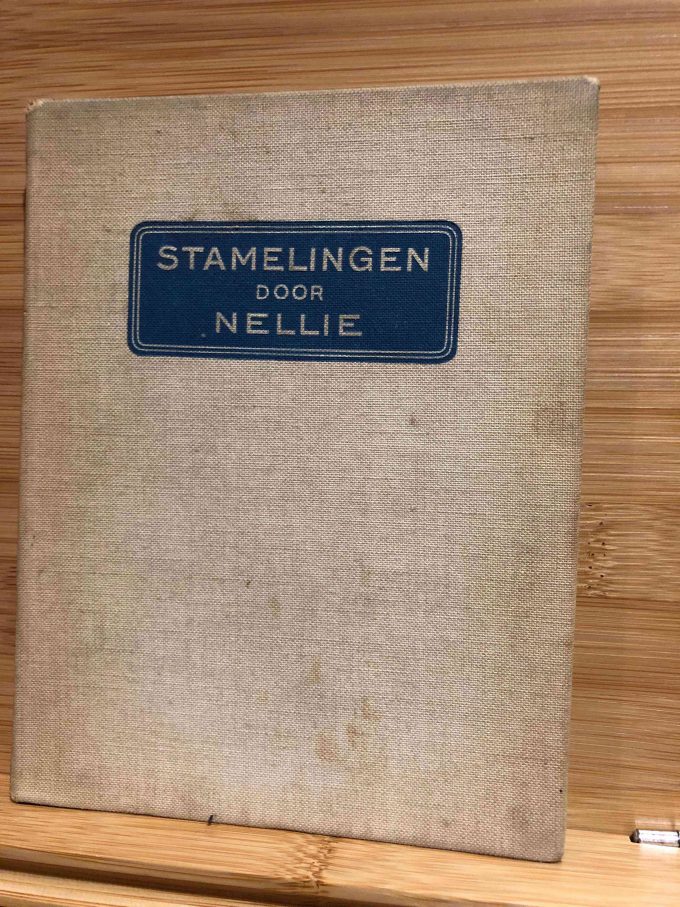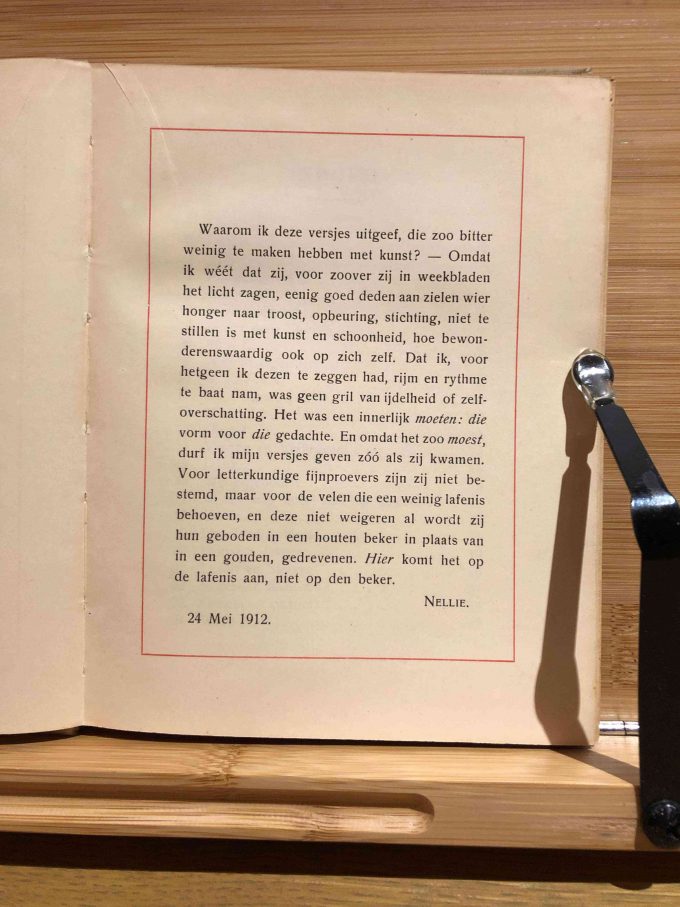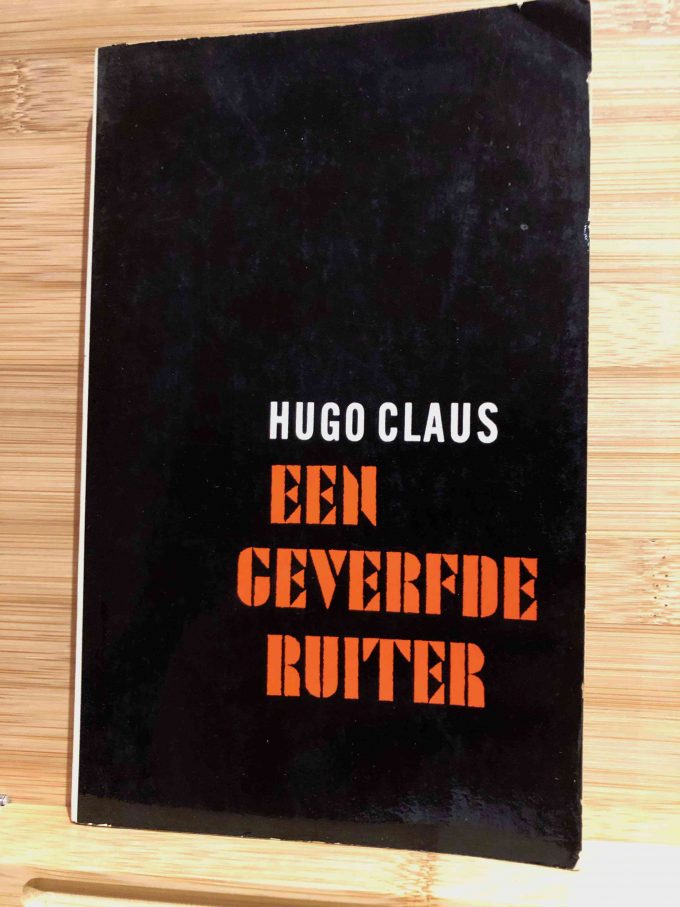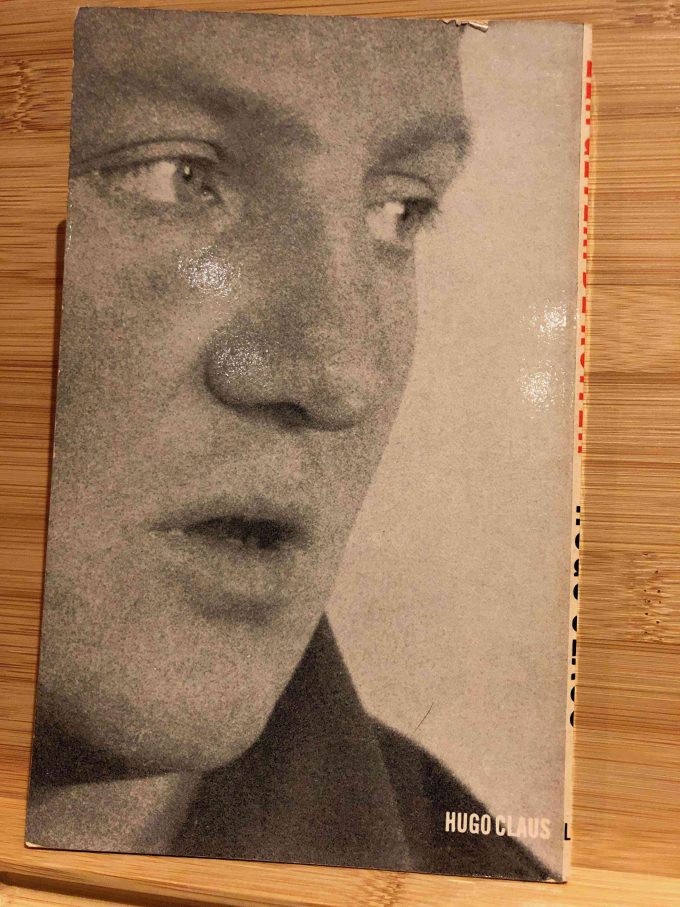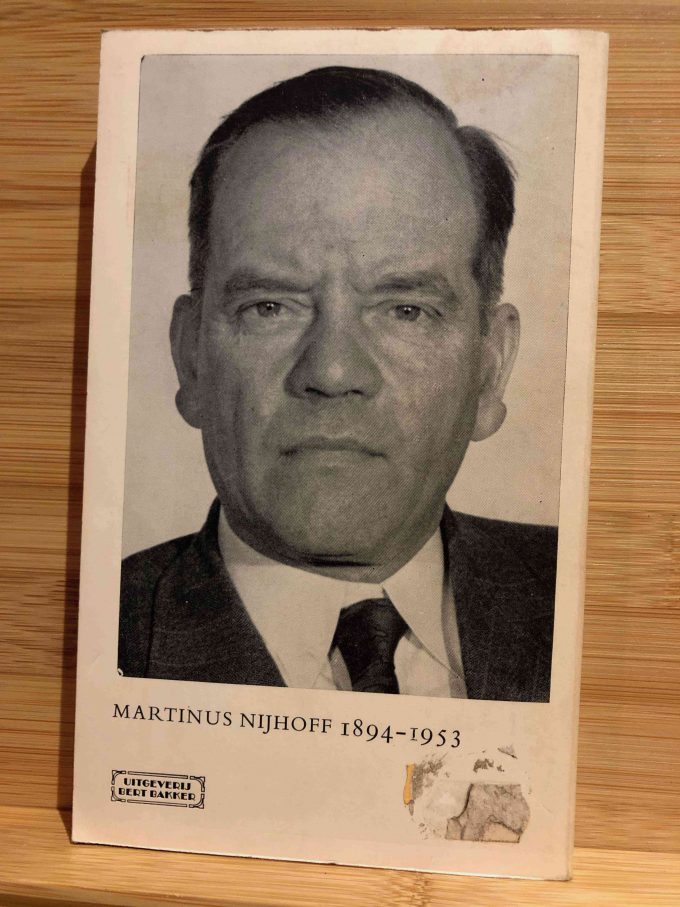Nederlands:
Jan Prins is het pseudoniem van Christiaan Louis Schepp. Literair-historisch wordt hij gesitueerd in de kring rond het tijdschrift De Beweging van Albert Verwey. Het was echter in het tijdschrift De XXe eeuw dat Prins in 1903 als dichter debuteerde. Zijn eerste poëziebundel “Tochten” verscheen acht jaar later, in 1911. Daarin staat zijn bekendste gedicht, “De bruid”, waarvan de eerste en de laatste strofe worden afgesloten met de vaak geciteerde regels “De bruigom is de lentezon / en Holland is de bruid”.
In 1896 werd Prins benoemd tot marine-officier tot hij in 1924 om gezondheidsredenen werd afgekeurd voor actieve dienst. Zijn zeereizen hadden hem toen al verschillende malen naar Nederlands-Indië gebracht. Zijn indrukken over dit land en zijn bevolking legde hij vast in een aantal verzen die nog tijdens zijn leven werden verzameld onder de titel “Indische gedichten” (1932).
Prins maakte zich ook verdienstelijk als literair vertaler. Hij vertaalde onder meer de fabels van Jean de La Fontaine en toneelstukken van Racine en Molière. Op latere leeftijd volgde hij privélessen Grieks bij P.C. Boutens (1926) en ging hij ook klassieke teksten vertalen, waaronder Plato’s “Timaeus” (1937).
De bundel “Bijeengebrachte gedichten” is een verzameling van Prins’ poëzie, uitgegeven in 1947 door L. J. C. Boucher in ‘s-Gravenhage en gedrukt door Mouton & Co. Deze eerste editie werd gedrukt in een oplage van slechts 1500 exemplaren. Het boek, dat 328 pagina’s telt, is 13,5 cm bij 21,5 cm groot en is gebonden in een hardcover.
English:
Jan Prins is the pseudonym of Christiaan Louis Schepp. He is historically situated in the literary circle around the magazine “De Beweging” by Albert Verwey. However, it was in the magazine “De XXe eeuw” that Prins debuted as a poet in 1903. His first poetry collection “Tochten” was published eight years later, in 1911. It contains his most famous poem, “De bruid,” whose first and last stanzas conclude with the often-quoted lines “De bruigom is de lentezon / en Holland is de bruid” (The groom is the spring sun / and Holland is the bride).
In 1896, Prins was appointed as a naval officer until he was medically discharged from active duty in 1924. His sea voyages had taken him to the Dutch East Indies several times. His impressions of this land and its people were captured in several verses collected during his lifetime under the title “Indische gedichten” (1932).
Prins also distinguished himself as a literary translator. He translated fables by Jean de La Fontaine and plays by Racine and Molière. In later life, he took private Greek lessons from P.C. Boutens (1926) and also began translating classical texts, including Plato’s “Timaeus” (1937).
The collection “Bijeengebrachte gedichten” is a compilation of Prins’ poetry, published in 1947 by L. J. C. Boucher in The Hague and printed by Mouton & Co. This first edition was printed in an edition of only 1500 copies. The book, comprising 328 pages, measures 13.5 cm by 21.5 cm and is bound in hardcover.


















